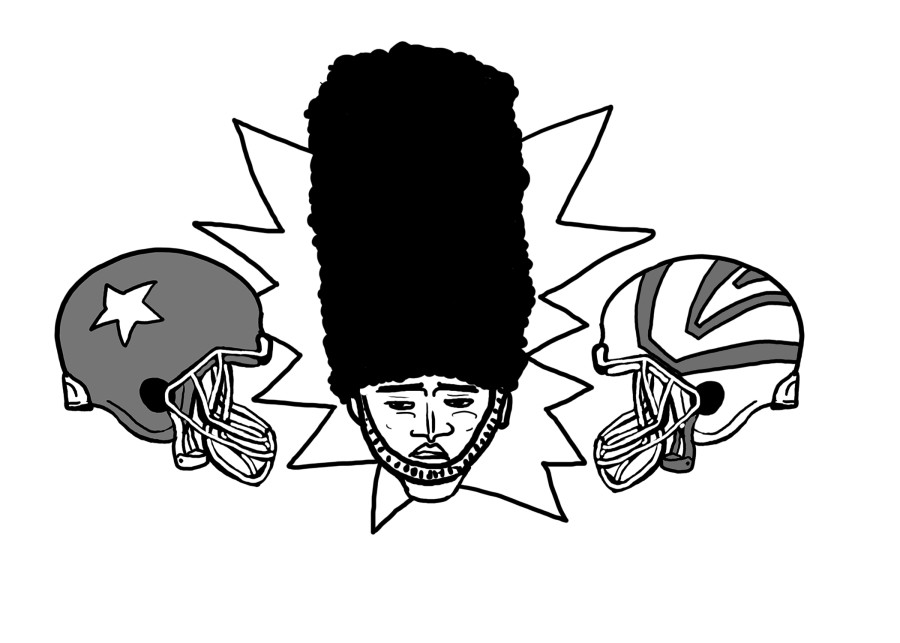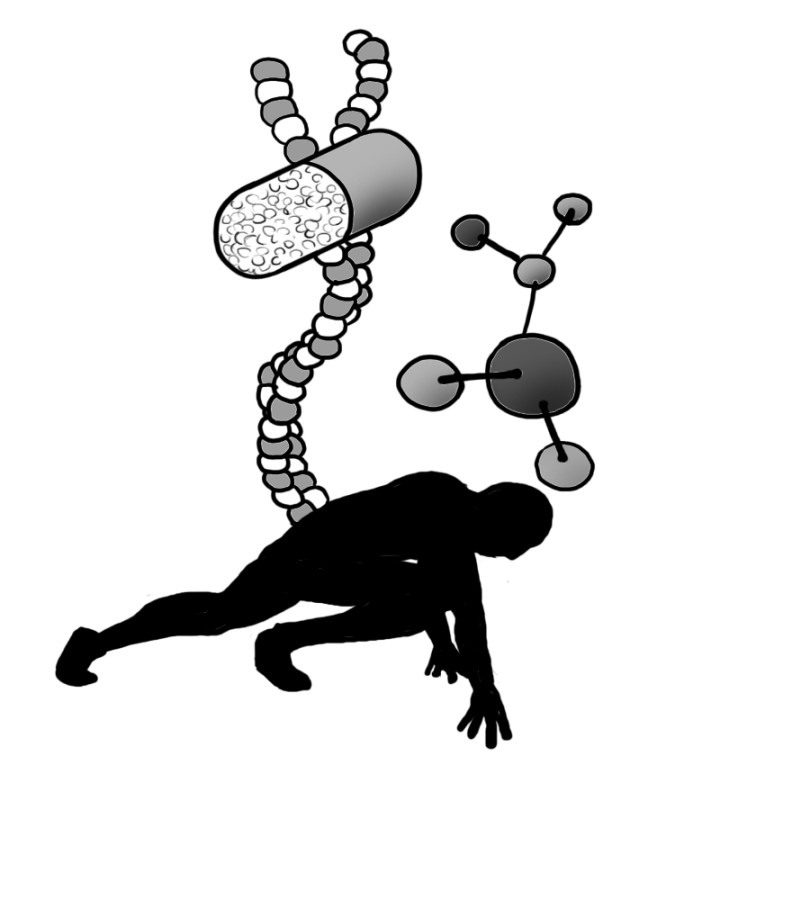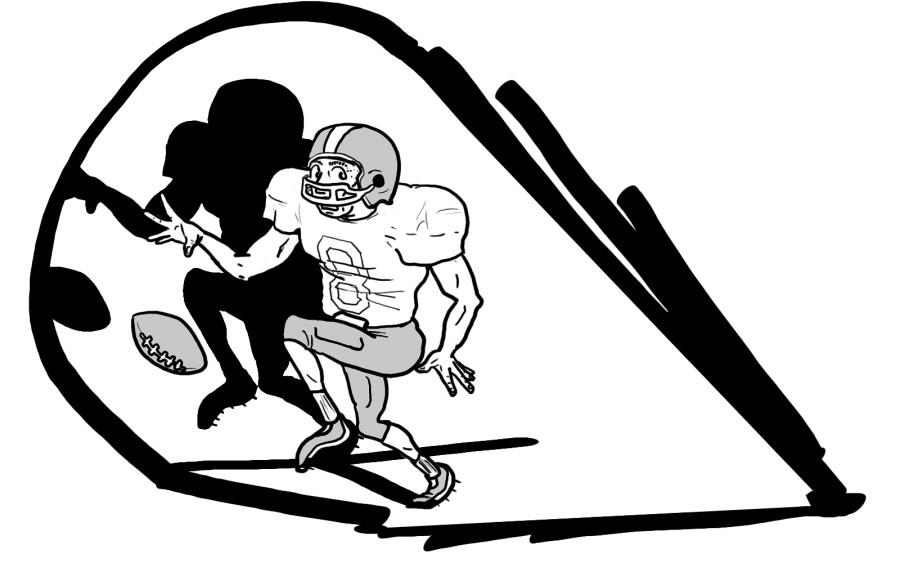Andy: Several major league players will not be joining their respective ball clubs. It’s not due to lack of talent or a steroid scandal, but rather due to their participation in the second World Baseball Classic ever.
In the inaugural classic in 2006, Japan triumphed 10-6 over Cuba in the championship game. As a result, Daisuke Matsuzaka introduced the gyro ball to the American media and soon entered the major leagues with the Boston Red Sox.
World Baseball Classic
The 2009 World Baseball Classic begins Thursday, March 5.
16 nations are competing in the tournament, which holds
games in Toronto, Tokyo, Mexico City, Puerto Rico and
the United States. The Classic ends with the finals on March 23.
Still, while the classic benefited Dice-K’s pockets and added fodder to the eternal Yankees-Red Sox debate, the success of the first tournament remains questionable. The purpose of the classic, according to the official Web site, was to expand the global interest of the game. However, while television ratings in the United States were strong, the tournament did nothing in the regions of the world that don’t currently play baseball.
Soccer is a global sport with every livable continent represented at the World Cup and Basketball has already expanded across the globe as well. However, at the World Baseball Classic, only three regions have genuine interest in baseball. Teams from the Netherlands, Italy, South Africa and Australia will compete this year, but East Asia, North and Central America will always dominate the world of baseball.
While I’m excited for more competitive baseball then spring training ball, I’ll take my brand new Oregon Duck baseball team over a wannabe world cup.
Billy: The World Baseball Classic is struggling to reach the status of soccer’s World Cup, but it would be unfair to dismiss the Classic as a failure to promote baseball in only its second year. That countries such as the Netherlands and Italy are participating suggests they now have a greater interest in baseball than they have in years past. In countries that do not have well-established pro leagues, the Classic gives players a chance to compete at a high level. Whether or not it earns prestige, it still provides baseball with a model to refine in the future. Fear of embarrassing itself or waiting for the perfect tournament will only restrict baseball from ever starting a global campaign like the NBA’s.
Because the Classic takes place during the MLB’s spring training, it also doesn’t require MLB players to play significantly more baseball than they normally would. The Classic requires players to decide between their commitment to their pro team and their country. But with baseball eliminated from the Olympics, the Classic is the only chance for players to represent their country in a worldwide tournament.
Andy: Billy, there’s just something about baseball that’s not going to make it an international game. First of all, there’s no such thing as pick-up baseball. Sure, we’ve all seen “The Sandlot,” but generally, playing baseball is a costly event. You need a bat, a ball, mitts and a diamond. For soccer and basketball, all you need is the ball and the goals/hoops. That ease builds an infrastructure of talent that feeds into the national teams that baseball will never copy. Baseball’s required space and equipment already precipitated a decline in the sports within large urban centers in America and will prevent the growth of the game abroad.
All that said, however, I’m still going to follow the classic, so let’s talk about the United States’ chances in the tournament. The United States will play a double round robin against Canada, Italy and Venezuela and the top two teams at the end will advance to the elite eight. Of the four teams in the pool, the United States and Venezuela advanced in 2006, while Canada and Italy went home. I predict that the same two teams will advance again this year, but Canada did beat the U.S. 8-6 in opening round of classic in 2006, so they’d be a team to watch out for early on.
Ultimately, I see the United States making it into the final four due to their relatively weak side of the bracket. Japan, South Korea and Cuba: all final four teams in 2006: are all on the other side of the bracket. However, that’ll be the end for the United States in the tournament when their serious lack of pitching depth behind ace Roy Oswalt will catch up to them. Even in the early rounds, the United States will have to rely on the bats of Derek Jeter, David Wright, Jimmy Rollins and Dustin Pedroia to survive.





